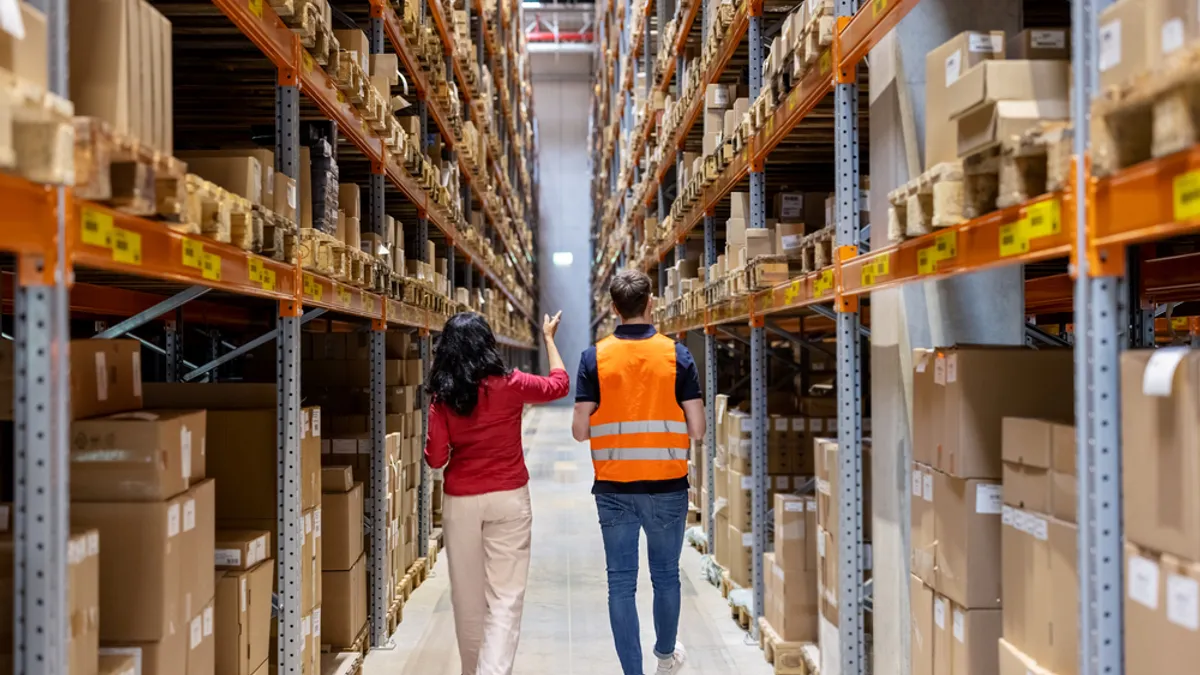ShipBob is now fulfilling de minimis-eligible orders into the U.S. out of three facilities near Toronto and one in Tijuana, Mexico, according to an Aug. 15 news release.
Section 321 of the Tariff Act of 1930, known as the de minimis exemption, allows companies to avoid U.S. import duties and taxes for shipments with a retail value up to $800. Merchants leveraging it can reduce costs while speeding up delivery times, according to ShipBob.
"We are excited for this next step in expanding our global footprint by offering customized solutions for large, growing merchants," ShipBob COO Divey Gulati said in the announcement.
Through the new offering, the supply chain and fulfillment platform allocates de minimis orders to its Toronto-area and Tijuana facilities and generates an "eManifest" to streamline the customs clearance process. After that, products are transported to the nearest U.S. hub before being injected into ShipBob's carrier network for delivery.
The company's Toronto fulfillment centers can ship to the U.S. East Coast with an average transit time of two to three days. ShipBob's website says the Toronto warehouses are non-bonded, meaning shippers will pay Canadian duties upon entry but can then file a duty drawback to recoup costs.
The Tijuana warehouse can cost-effectively import products into any Southern California port, according to ShipBob. The facility is bonded, so duties and taxes are deferred until goods leave the warehouse.
Other e-commerce fulfillment providers have also ramped up their de minimis shipping capabilities. In 2021, ShipMonk acquired a warehouse in Tecate, Mexico, to serve customers leveraging the de minimis exemption into the U.S. One year later, ShipHero began offering duty-free import services out of its Toronto and Vancouver warehouses, which came via the acquisition of Canada-based Delivery Net.
ShipBob's fulfillment expansion comes as supply chains have embraced de minimis shipping to meet e-commerce demand while avoiding the costs and complexities tied to the typical U.S. customs process. However, the exemption has faced increased scrutiny as Customs and Border Protection officials combat narcotics, controlled substances and other contraband coming into the U.S. via de minimis packages.














